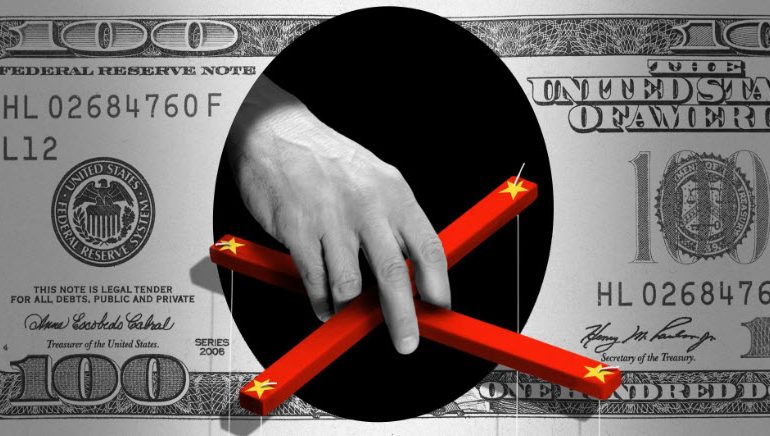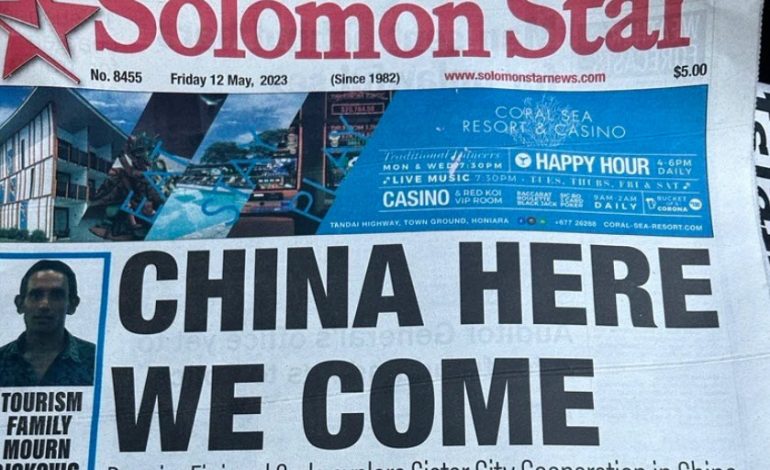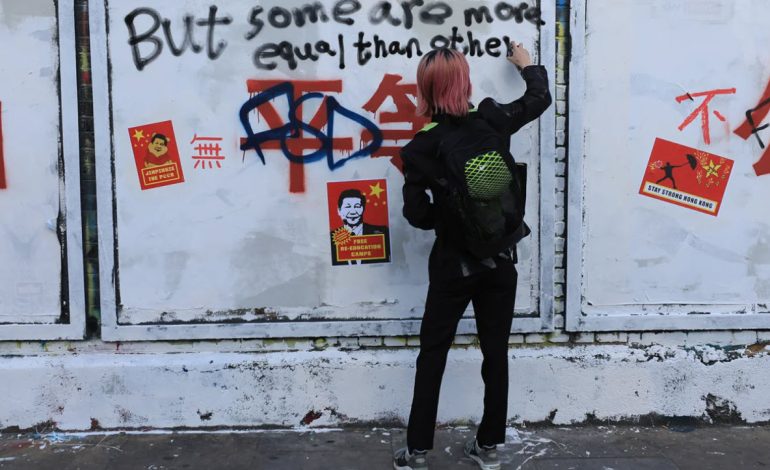
China’s economic tools fill capitalism’s void
By Bethany Allen-Ebrahimian
02 August 2023
The global embrace of lightly regulated capitalism over the last 40 years created a regulatory void the Chinese government has filled with an authoritarian form of economic coercion, I write in my new book “Beijing Rules.”
Why it matters: China’s economic toolkit could help Beijing push the world toward an era of “embedded illiberalism” dominated by political loyalties enforced through market access and an international system severed from its democratic roots.
What’s happening: The Chinese government rewards and punishes businesses and governments by allowing or prohibiting access to China’s huge markets, capital, and investments that companies and countries around the world increasingly see as vital to their prosperity.
In this way, China is shaping global markets to incentivize adherence to its authoritarian geopolitical objectives.
Beijing uses this leverage to stifle global dissent, shape the behavior of companies and governments, legitimize its political model as a superior alternative to liberal democracy, support its expanding military and defense objectives, weaken U.S. alliances, expand its surveillance state, and gain sway over international institutions.
Zoom out: Over the past four decades, democracy and the protection of fundamental human rights have become equated with the privatization of major industries and services, deregulation of business, and minimal government intervention in markets.
The resulting system, along with a political culture that eschews government involvement in business decision making, has left the West with fewer tools to counterbalance the pressure the Chinese Communist Party places on foreign businesses.
It’s an economic system that has granted vastly disproportionate power to the wealthy, whose interests often place little emphasis on protecting human rights.
“Today, people often speak in the language of markets, not the language of politics or morality. We talk more about consumers or taxpayers than about citizens,” Ganesh Sitaraman, a legal scholar at Vanderbilt University and a longtime adviser to Senator Elizabeth Warren, observed in his 2019 book “The Great Democracy.”
Money, like other forms of power, projects the values of those who have it. Similarly, a market economy, without a regulatory framework in place to guide it in one direction or another, projects the values of those who command its resources.
Beijing’s economic statecraft thrives in this environment and has been crafted to take advantage of these conditions.
China’s markets are the largest in the world, and Beijing has both weaponized access to those markets and successfully conveyed its rules to all who would profit from that access. China is simply playing by the rules established by neoliberalism.


